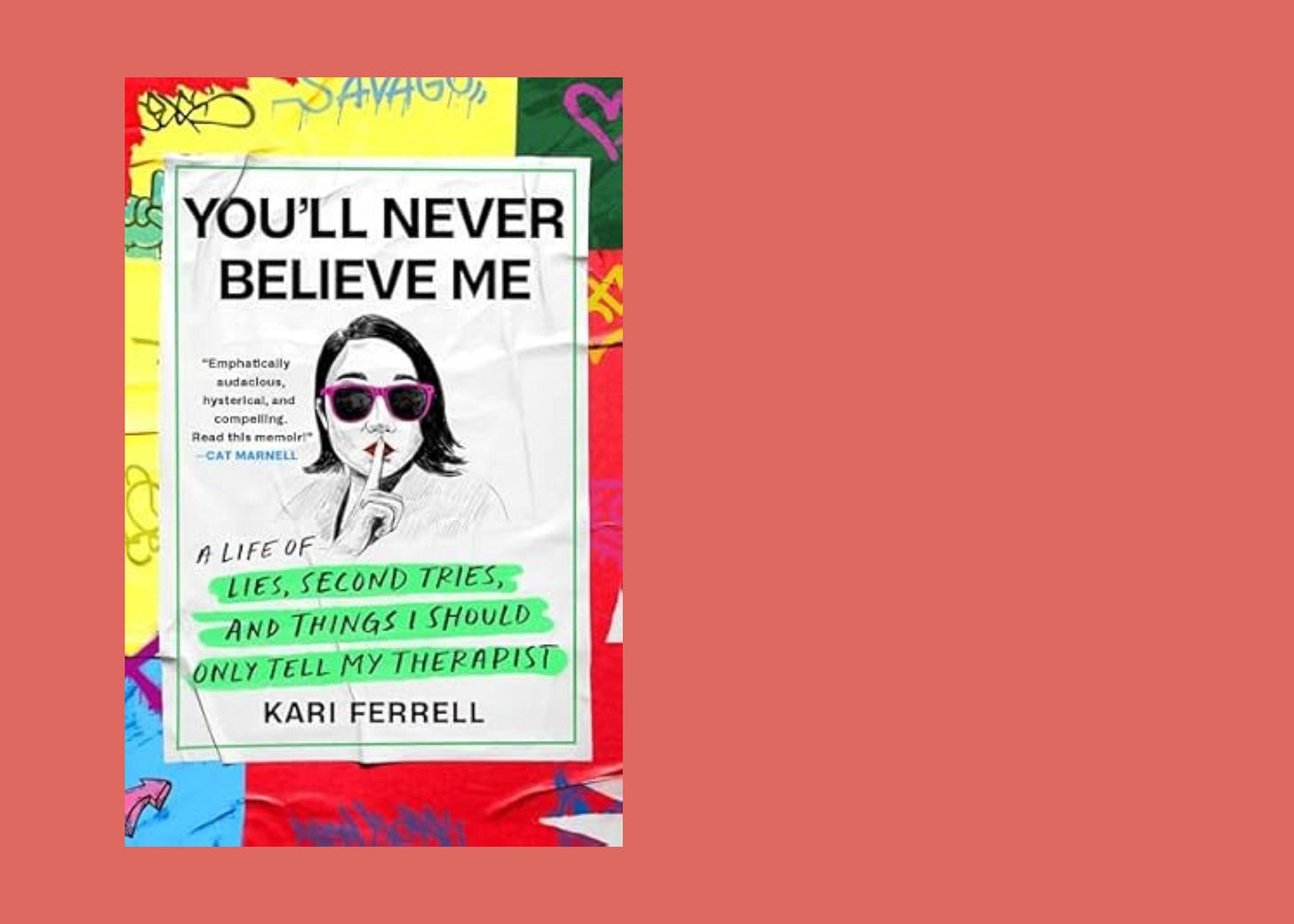Each day on Twitter, there is one main character. The goal is to never be it. But for a whole week in April 2009, 22-year-old Kari Ferrell was an internet-wide obsession.
Thousands of tweets dissected her exploits. Gawker posted about her three or four times a day. Old acquaintances put napkins and matchbooks that Ferrell had once owned or signed on eBay. “Twitter had only existed for a short period of time, and virality was a new concept that people were really latching onto,” Ferrell wrote, years later. At the time, she had no words for the dizzying, disorienting process that transformed her overnight into the Hipster Grifter.
You probably remember the saga of the Hipster Grifter if you were at all online during this period. The case made international news and earned wall-to-wall coverage from an emerging class of taste-making blogs, like Gawker and Gothamist. Over a period of almost five years, they discovered, Ferrell scammed a string of ex-lovers and friends out of thousands of dollars in small-scale, audacious cons. Now, she’s back with a new scheme, of sorts — in the form of a witty, well-reviewed memoir.
Reader: I loved You’ll Never Believe Me. I finished it in one (1) day a full two (2) weeks ago. But I have STRUGGLED to write a cohesive post about the book, because I really and truly cannot decide whether it’s the most compelling redemption arc I have ever read … or Ferrell’s best and most sophisticated grift of all.
As unreliable narrators go, you can’t do much better than this one. Ferrell is convincing, savvy, chameleonic — and absolutely aware of her own charms. “As far as this whole story is concerned,” she told ABC News from jail 16 years ago, “I think that the reason it has been such a big deal is because I am pretty intelligent and very well spoken.” Ferrell is also, she writes in You’ll Never Believe Me, a really “good fucking storyteller.” I knew that before I even cracked the book, because — even in the earliest days of the social web — she demonstrated an uncanny ability to leverage and manipulate online narratives. But narratives are themselves a form of deception, a framework imposed over chaos and mess. Stories are made, not begotten. “Storyteller” is a synonym for “fabulist.”
The Links x Sunday Long Read guide to online scams
America loves a scam story. These are 12 of the absolute best -- as curated by The Sunday Long Read and Links I Would Gchat You If We Were Friends.
At the same time … I want to believe her. Her story is funny and piercing and raw. And the narrative arc Ferrell imposes on these events is well-calibrated to our present era. As she explains it, she learned the necessity of deception as a bisexual South Korean adoptee in a white Mormon family in Utah: “I faked being white, faked being a good Mormon girl, faked being straight,” Ferrell writes early on. Untethered by a genuine identity of her own, she begins to try some others on: She’s a straight-edge mosher, then a teenage truant, then an opportunistic check kiter.
When Ferrell moved to New York in 2008, her scams grew more audacious. She met men at Brooklyn bars and stole their cell phones while they slept; she invented a resume to score a job at Vice; she faked lung cancer to break up a friend’s relationship. The media, predictably, treated Ferrell like a vaguely psychopathic (and overtly racialized) curiosity: A 2009 Law & Order episode loosely inspired by her case sees “Emma Kim” seducing Detective Lupo over cups of Chinese tea.
That episode … did not age well. A lot of that discourse didn’t. And as Ferrell re-narrates these events from her point of view, it becomes easier to see her as a sort of anti-hero, avenging herself against the larger, foundational rackets of patriarchy, white supremacy and capitalism. What are a couple bad checks, she asks, in the face of those systemic exploitations? The timing of Ferrell’s memoir only helps her case, since main characters and con artists have lately overrun the political system.
And yet. And yet! My sincere conviction that Ferrell is a gifted storyteller prevents me from believing the story itself. To me, that’s always what made her so fascinating — the rare and inherently inauthentic ability to ingratiate herself so completely with different audiences. Interviewers always cite her charm, even as they question it: “It’s such a good pitch,” The Cut’s Bindu Bansinath wrote of Ferrell’s comeback in 2022, “I almost don’t care if she means it.”
I do think I care a little, though. I don’t want to be taken in. Instead, I’d like to get drunk on thematic PBRs and debate the merits of this memoir with friends.
Alas, I haven’t had a book club since I moved to Buffalo, so … I’m attempting the next best thing! Comments are open to all on this post. Someone tell me you’ve also read You’ll Never Believe Me.





Thank you so much for spending time with my words! Regardless of if you find them to be true, I’m so grateful! My hopes are that even if people don’t want to give me a chance—which is fully within their right—that it will help reframe the way they look at punishment and the court of opinion (and fact)! 💗
I put this on hold at the library the second I heard about it, but I am currently 43rd in line with an estimated 10 week wait time according to Libby! I'm trying to be good and not just buy the ebook, but it's very tempting.